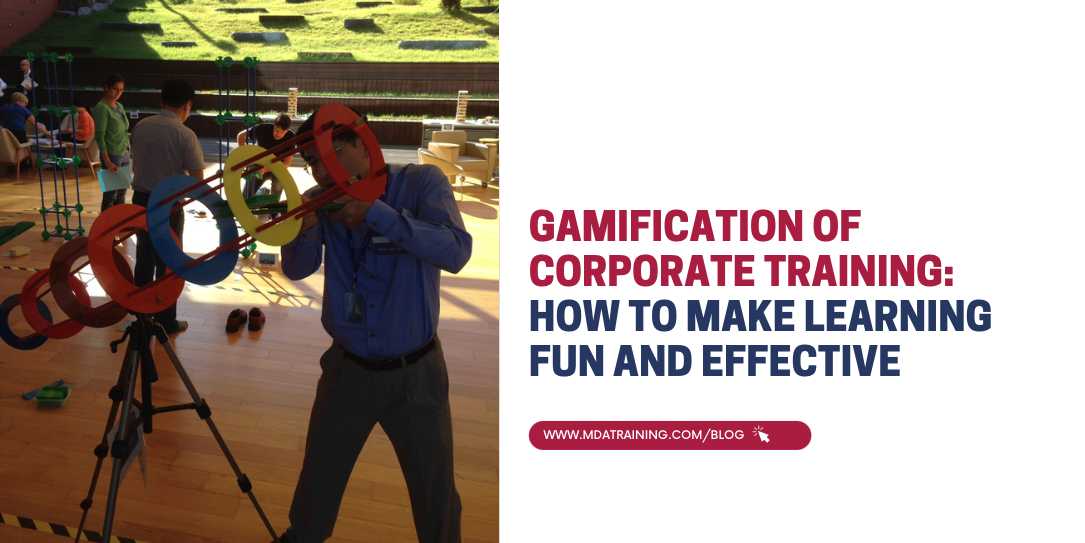Tag: Graduate Development
-

Gamification of Corporate Training: How to Make Learning Fun and Effective
In today’s fast-paced business environment, corporate training has become a necessity for organisations to keep their workforce up-to-date with the latest skills and knowledge. However, traditional training methods like classroom lectures and PowerPoint presentations are no longer effective in engaging employees and promoting a culture of learning. To make corporate training more engaging, effective, and…
-

Five reasons to leverage digital business simulations in virtual staff training
Whether you’re the newest team member joining an exciting new start-up or if you’re an existing employee looking to broaden your skillset – digital business simulations provide a sure-fire way to put your learning to the test. Over the last 12 months, we worked with leading businesses to design and deliver virtual training solutions that…
-

3 ways that experiential learning can help graduates improve their skills
Businesses are always looking for a secret formula that will quickly prepare their graduates for the world of work. In reality, however, the truth is simple. Graduates will only develop their skills and ready themselves for their long term roles if they are given the opportunity to practice regularly. Graduate programmes need to be carefully…
-

Tips for pitching and presenting in a virtual environment
Video conferences and meetings are undoubtedly going to form the ‘new normal’ of business operations. We’ve put together four useful tips to consider before presenting on a video call to clients or colleagues. 1 Know your venue There are a number of video conferencing platforms that have risen to prominence in the last few years…
-

What skills are employers looking for in banking graduates?
With so many fresh-faced graduates trying desperately to get their foot in the door of the banking industry, it can be hard to differentiate between the mass of applicants, each with similar qualifications and experience. In order to identify which graduates are best suited for a role in banking, employers need to look beyond the…
-

Have you perfected your onboarding strategy in banking?
Onboarding is the process of integrating new hires within your company culture and processes, while also equipping individuals with the tools and skills that they need to become a productive team member. Creating an effective and thorough onboarding strategy is particularly essential in the banking sector, as it gives prospective employees an overview of the…
-

Why your business should adopt experiential learning this year
Experiential learning can be defined as learning by doing, meaning that participants learn new skills through exercises that simulate real-life situations. This method is being widely adopted as a respected learning technique in business due to its success in helping employees to retain more learning material, approach business decisions and scenarios with more confidence and…
-

How can experiential learning benefit your graduate employees?
Some of the biggest companies around the world are opting to implement experiential learning by utilising technology to help employees learn across a range of industries. This method of learning allows employees to undergo hands-on experiences and receive customised training which has been recognised as building emotional and social intelligence. Our experiences as employees, both…
-

How can your graduate training boost the effectiveness of your company culture?
In 2017, the number of graduate positions was increased by employers by almost 5%, opening up even more entrances into leading global companies than ever before. This will benefit millennial and Gen Z jobseekers, fresh out of university, and will also open up opportunities for businesses to expand their internal knowledge and build a more…
-

How can your business integrate AI through graduate training?
Graduate training can be utilised to support new hires integrate more effectively into a workplace or ensure that they are equipped with the core basic skills required to do their job most effectively. Graduate training can also be the best time to assimilate your employees with the use of AI, how this fits in with…